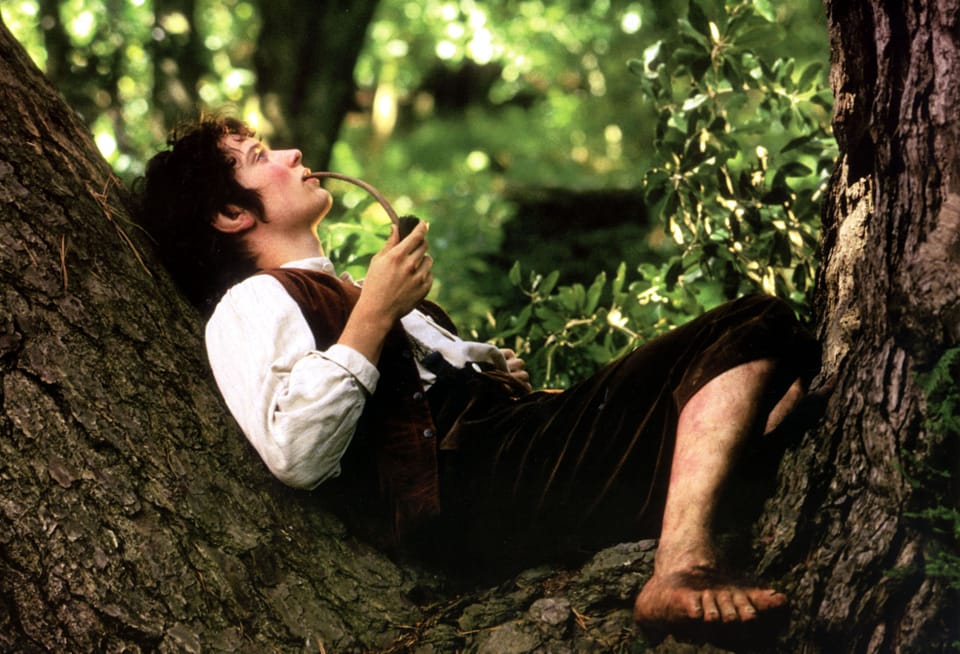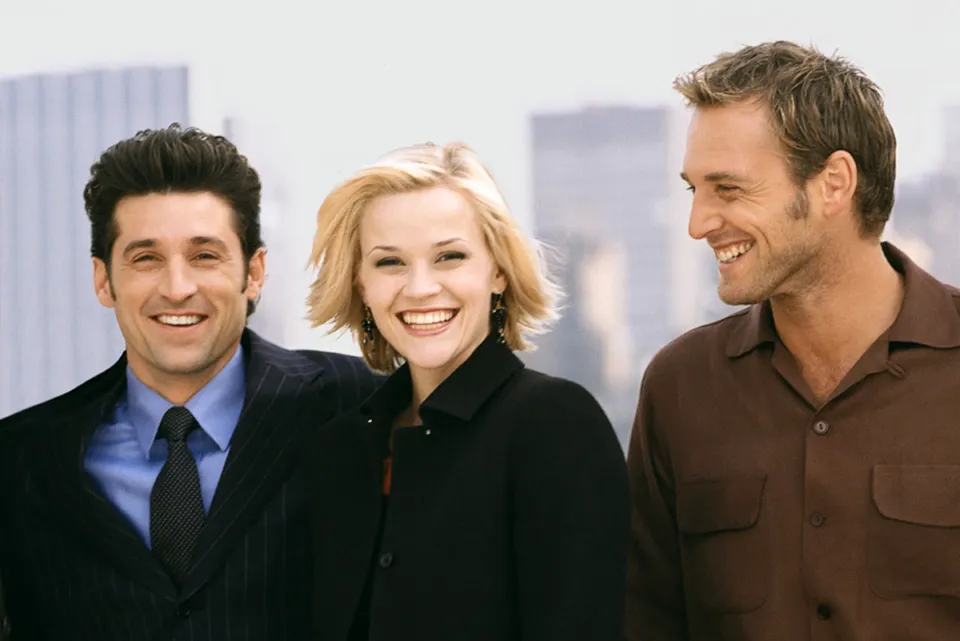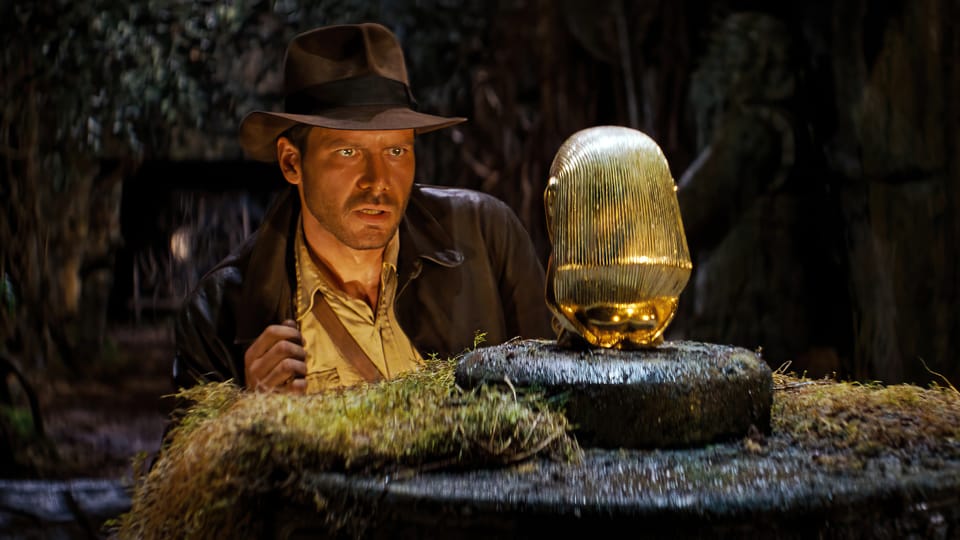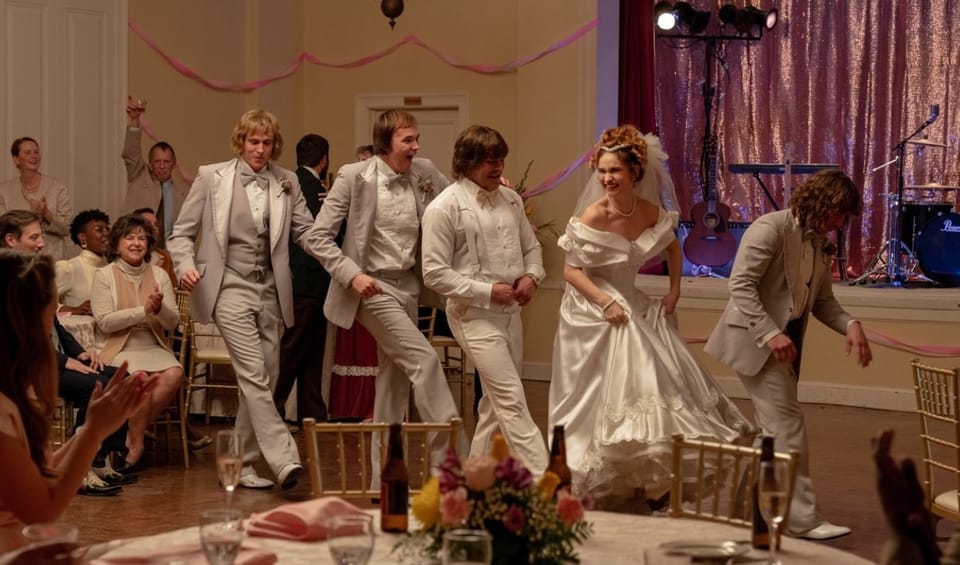Most Important Aspect Of Supporting Characters
We can mistakenly think world-building is solely the domain of sci-fi and fantasy. It is not. It refers to the entire domain of our story, whether that's a far-away planet or the single-location home of an indie-comedy.

The Story and Plot Weekly Email is published every Tuesday morning. Don't miss another one.
BUILDING A WORLD
We can mistakenly think world-building is solely the domain of sci-fi and fantasy. It is not. It refers to the entire domain of our story, whether that's a far-away planet or the single-location home of an indie-comedy.
This phase can be intimidating for any writer. It's a blank slate, and infinite choices tend to freeze us up.
This is especially true regarding the characters we must populate this world with.
Who are these people? Which ones should show up on the screen? How many do we need?
This is exactly why defining your story as early as possible is crucial.
You need this criterion to know whether you're actually making a choice or just throwing something up against the wall.
These Basic Characters Aren't Enough
We know the simplest screenwriting instruction will give us some rote characters:
- The antagonist.
- The love interest.
- The mentor.
- Friends and allies.
But this doesn't give us any direction other than checking boxes, and checking boxes doesn't move an audience. It certainly doesn't tell a story.
Yet, most movies have these characters, right? So why doesn't it help?
These Titles Don't Define The Character's Role
A love interest isn't inherently interesting. A mentor who gives the hero the tools to kick ass, either literally or metaphorically, isn't something we specifically need to see. Friends and allies? Great, but if they're just a plot device to help our hero "win," they fall flat.
This is why our early writing attempts at these characters so often failed miserably.
Because we didn't know their actual role in the story.
Feature films do not have independent subplots
This is a key difference between feature films and television. In a feature film, with the exception of true ensembles, every subplot should be there to benefit the story. Every piece is part of the whole, and nothing should feel separate.
When filmmakers forget this (as I have often), the audience often responds with, "What the hell was that part about?"
We don't want to just ask what a character's role is in the plot, we need to ask what their role is in the story.
The Most Important Aspect of a Supporting Character
Our biggest question for any supporting character is their relationship to the hero's transformational journey.
How do the supporting character's POV, philosophy, and actions affect the hero arriving at their final destination?
How do they help change the protagonists, challenge them, tempt them, or create an obstacle they must overcome that affects them?
The book Dramatica by Melanie Anne Phillips and Chris Huntley goes as far as breaking these characters down into seven primary roles in their relationship with the protagonist.
I have found this breakdown to be more often true than not (Unfortunately, the book is too academic to be of consistent use.)
Some Examples
Yes, Han Solo was Joseph Campbell's so-called friend and ally to the protagonist, but he also represented the opposite side of Obi-Wan's philosophical argument. He helped the plot but also represented more. The character's affected each other (Luke finding balance, and Han learning to be less selfish.)
In RATATOUILLE, Remy's mentor Geausteau had nothing to do with actually teaching Remy anything, he was a figment of his imagination, after all. But he had everything to do with Remi believing in himself, which allowed him to remain steadfast in his belief, and change everyone around him.
In THE AVENGERS, Steve Rogers and Tony Stark need each other for the plot, but more importantly, Cap is crucial for Tony's story. He thinks little of Tony, and while they first conflict, Steve's influence affects the selfish Billionaire Tony, who eventually performs an act of heroism we would have thought only Captain America was capable of.
In MOONLIGHT, there is a love interest, sure, but a love interest that is a prize at the end of a movie doesn't move an audience. In MOONLIGHT, the love interest is the agent of change that finally gives Kevin the courage to be truly intimate and, hopefully, one day, comfortable in his own skin.
Know The Story | Know The Relationship
You must know your story.
You must know what kind of story it is.
Who changes? How?
More than anything else, it is relationships that we care about, and it is relationships that bring about that transformation.
Those relationships to the protagonist's journey, both positive and negative, are the most important aspect of your supporting characters.
We will continue talking about characters (and dialogue) throughout the month.
The Story and Plot Weekly Email is published every Tuesday morning. Don't miss another one.
When you're ready, these are ways I can help you:
WORK WITH ME 1:1
1-on-1 Coaching | Screenplay Consultation
TAKE A COURSE
Mastering Structure | Idea To Outline




